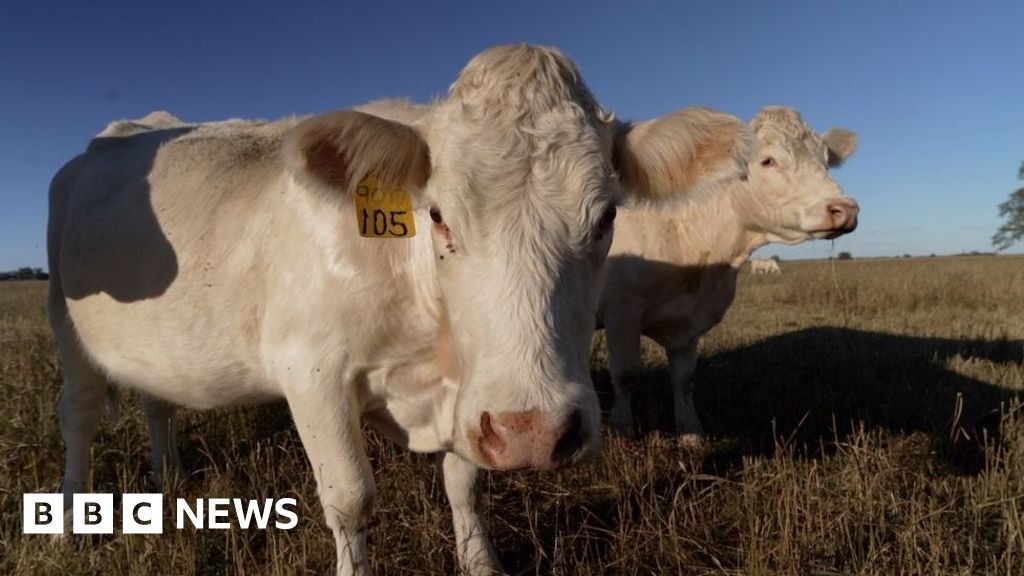The rightward drift of the American countryside over the past 25 years has been remarkable.
In 2000, Republicans had a six-point advantage over Democrats among registered rural voters, according to the Pew Research Center.
But by 2024, they had established a mammoth 25-point lead.
Even though only a fifth of Americans live outside the big towns and cities, the strength of their shift towards Donald Trump was key to his victory against Hillary Clinton in 2016.
But for Democrats, the rural vote is still worth fighting for, particularly where even small gains in already tight states just might make the difference.
So it’s no coincidence that both Kamala Harris and Donald Trump now have running mates whose white rural roots are being used to make the argument for who is best placed to speak on behalf of this country’s great Midwest.
Vice-presidential candidates don’t usually have much impact on how people vote, but when Tim Walz and JD Vance meet in a primetime televised debate on Tuesday night, they will be hoping their different backstories and visions resonate with voters still unsure about Harris, a California Democrat, and Trump, a New York real estate developer.
Walz, the current governor of Minnesota, was born in small-town Nebraska, and has made much of his background “working cattle, building fence”.
His time as a schoolteacher and football coach before politics, and his subsequent record in Minnesota, providing tax credits to families and free school meals, are precisely the kinds of things the Democrats hope will resonate with struggling rural voters.
Ohio Senator Vance, on the other hand, is a man who’s also made much of his rural roots, but with a far less optimistic framing.
Vance rose to national prominence with his best-selling book, Hillbilly Elegy, the story of his family’s origins in eastern Kentucky, their struggle with poverty, his mother’s fight with addiction and the joblessness and blight of Middletown, Ohio, where he grew up.
Where Tim Walz has emphasised individual freedom and what binds Americans, Vance has focused on a “ruling class” that he says has failed working families in small communities all over the country.
In writings and in interviews, he has stressed the need for individual responsibility, rather than welfare – although he does not support cutting programmes like Social Security. And he echoes Trump’s vision of protecting American jobs and workers with tariffs and border walls.
Source link
